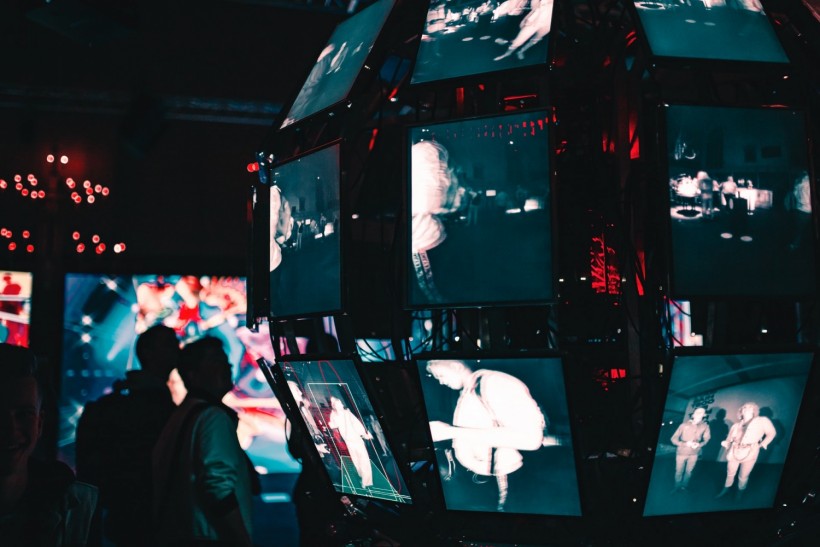After the great disruptions that Covid-19 caused in 2020 and 2021, businesses and people alike are looking to build for the future.
The past two years have changed the long-standing norms of how people live and how businesses run their operations.
Although it can be tempting for people and businesses to retreat to what they already know, 2021 brought new technological trends to light; and those who recognize these trends will not only survive but thrive.
Some of these trends that are continuing to change the world, even in 2022 include:
1. Biotechnology and Nanotechnology
Predictions hold that the neuroscience, nanoscience, life sciences, and biotechnology industries will drive a new wave of growth and innovation.
These technologies, in general, may treat dementia and other types of conditions. Genetics have also advanced to see the regrowth of tissues and organs.
Techniques like ToF SIMS analysis help resolve the chemical composition in 2D and achieve a lateral resolution of around 300nm in the routine operation. The technique can provide insight into the molecular mechanism of disease and aid the development of medicines and medical devices.
2. Artificial Intelligence
AI or artificial intelligence has received a lot of buzz in the last few years. Though it continues to be among the newest technological trends because of its impacts on how people play, live, and work.
It is also popular for its superiority when it comes to speech recognition and imaging, smartphone personal assistants, ride-sharing apps, and navigation apps.
Apart from that, you can use AI to analyze interactions to determine the underlying insights and connections to predict demand for hospital services.
3. Ubiquitous Internet
Internet access has become a necessity in transferring computing capabilities to remoter servers. Plus, the more widespread the internet becomes, the stronger the connection it affects the entire economy positively, not to mention how the 3G and 4G communication has boosted the development of the e-commerce sector.
4. Augmented and Virtual Realities
AR and VR cover various technologies, mainly centered on projections and computer-generated imagery. Both aim to develop an interactive and immersive user experience to improve hyper-reality.
Among the most gripping AR phenomena to grab attention is Pokemon Go. Individuals were reportedly running out into the traffic, missing social catch-up and work as they tried to catch virtual Pokeman in their daily lives. Other areas that will continue to be affected by augmented and virtual realities include:
-
Marketing
-
Customer experience
-
Tourism
-
Events
-
Environments
5. Blockchain
Originally introduced by Satoshi Nakamoto, blockchain is a distributed ledger using cryptographic approaches to validate blocks of details openly shared across the peer-to-peer (p2p) network.
In essence, blockchain operates a token registry, which is publicly hosted and replicated across every network node.
The Blockchain for Climate Foundation aims to put the Paris Agreement on Blockchain. They are looking to develop a decentralized ledger to document the national emission level.
This will be a great boost for accountability and transparency since it can provide public records of the people who are contributing to solutions and problems.
6. Telemedicine and Digital Healthcare
The importance of telemedicine and digital healthcare increased rapidly during the coronavirus pandemic.
Right now, many patients have interacted with their doctors through technological developments, like chatbots. Countries globally are also working on accessible and comprehensive electronic health records.
7. 3D-Printing
Some studies predict that once 3D printing is adopted and become cheap enough, trade globally will decrease by 25%. This is because 3D printing reduces the need for imports and requires less labor.
Other analysts say that such views are very optimistic, and they don't properly take into account the complexity of mass production.
8. IoT
The Internet of Things (IoT) technological trend is the foundation of new models of businesses, possibilities, and platforms, changing how people work and live with implications beyond the technology itself.
While IoT is still in the early days of development, the technology clearly presents many opportunities for individuals with technical knowledge to connect platforms.
The Takeaway!
With these technological trends, many industries will be more effective and progressive. Because these trends have already taken over all aspects of people's lives, you have no option but to look for ways to incorporate them into what you do since it greatly impacts different industries, including medicine, scientific research, and commerce.
* This is a contributed article and this content does not necessarily represent the views of sciencetimes.com















